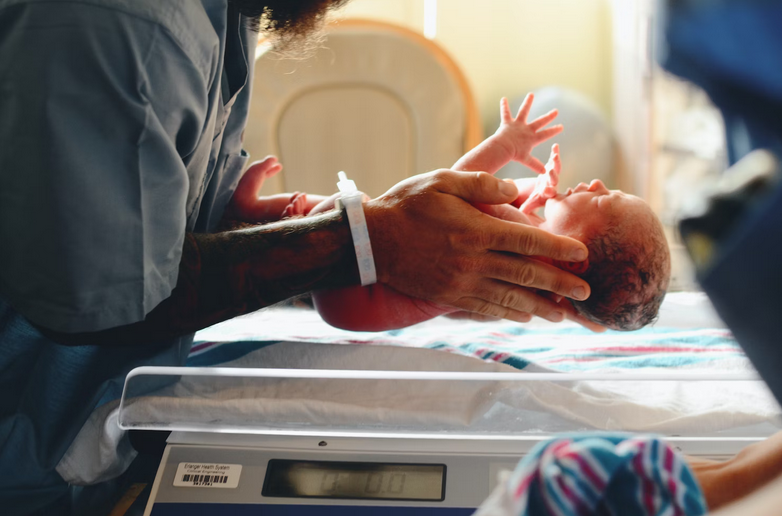Congratulations on the arrival of your little bundle of joy. Welcoming a newborn into your life is undoubtedly an incredible experience filled with love and happiness. However, amidst all the blissful moments, it’s important to acknowledge that new moms often face postpartum pain and discomfort as they recover from childbirth. Whether you’re experiencing soreness, backaches, or other common issues, fear not.
In today’s blog post, we will explore some effective and practical ways to manage postpartum pain so you can focus on cherishing every precious moment with your baby.
Utilize Pain Management Techniques
Effective pain management is essential during the postpartum period. Consider non-pharmacological approaches such as hot or cold compresses, warm baths, or massages to ease soreness. These techniques can help reduce inflammation and provide relief without resorting to medications. With a frida peri bottle, for example, you can use warm water to soothe your perineum after delivery.
If you’re considering over-the-counter pain relievers, consult your healthcare provider first to ensure they are safe for both you and your baby, especially if you’re breastfeeding.
Embrace Gentle Exercises
While it may seem counterintuitive, incorporating gentle exercises into your routine can help alleviate postpartum pain. Engaging in activities like pelvic tilts, Kegel exercises, and gentle stretching can promote blood circulation, reduce muscle tension, and accelerate the healing process. Please consult with your healthcare provider before starting any exercise routine to ensure it aligns with your individual recovery needs.
Prioritize Adequate Rest
 In the whirlwind of new motherhood, it’s easy to underestimate the power of rest. However, getting sufficient rest is crucial for postpartum recovery. Ensure that you’re taking short, frequent naps during the day and getting as much sleep as possible during the night. Enlist the support of your partner, family, or friends to help with household chores and childcare, allowing you to focus on rest and recovery.
In the whirlwind of new motherhood, it’s easy to underestimate the power of rest. However, getting sufficient rest is crucial for postpartum recovery. Ensure that you’re taking short, frequent naps during the day and getting as much sleep as possible during the night. Enlist the support of your partner, family, or friends to help with household chores and childcare, allowing you to focus on rest and recovery.
Supportive Undergarments Matter
Investing in supportive undergarments specifically designed for postpartum recovery can make a significant difference in managing discomfort. Postpartum compression garments, belts, and wraps provide support to the abdominal muscles and lower back, helping to alleviate pain and promote proper healing. Choose comfortable, breathable materials to ensure that you can wear these garments throughout the day without causing additional irritation.
Stay Hydrated and Maintain a Healthy Diet
Proper nutrition is a cornerstone of postpartum recovery. Staying hydrated and maintaining a balanced diet rich in nutrients can aid in the healing process and provide your body with the energy it needs.
Focus on foods that are high in vitamins, minerals, and fiber, and consider incorporating foods with anti-inflammatory properties, such as omega-3 fatty acids found in fish and flaxseeds. Consult with a nutritionist or your healthcare provider to tailor your diet to your specific needs and preferences.
Connect With a Support System

Navigating postpartum pain can be emotionally challenging as well. It’s essential to connect with a support system that understands and empathizes with your experience. Joining a new mothers’ group, talking to friends who have been through similar experiences, or seeking the guidance of a mental health professional can provide valuable emotional support. Sharing your feelings and experiences with others can help alleviate the mental burden, contributing to a more positive postpartum experience.
The postpartum period is a transformative journey that requires patience, self-care, and a proactive approach to managing physical discomfort. By incorporating gentle exercises, prioritizing rest, utilizing effective pain management techniques, investing in supportive undergarments, maintaining a healthy diet, and connecting with a support system, you can navigate postpartum pain with resilience and grace. Remember, each mother’s experience is unique, so it’s crucial to consult with your healthcare provider to create a personalized postpartum recovery plan that suits your individual needs.

